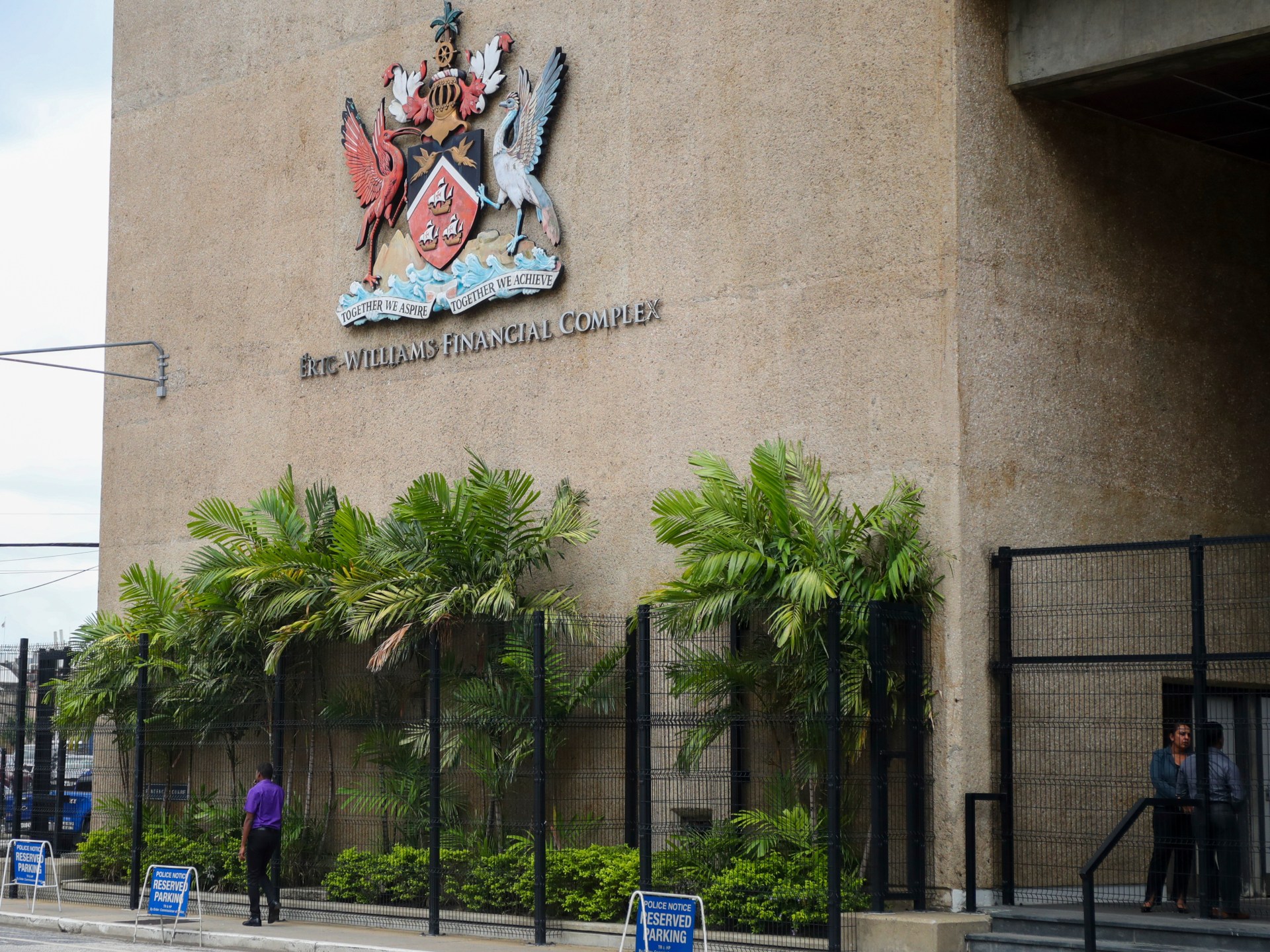Australia violated rights of asylum seekers held in Nauru, UN watchdog says
 10 January 2025
10 January 2025
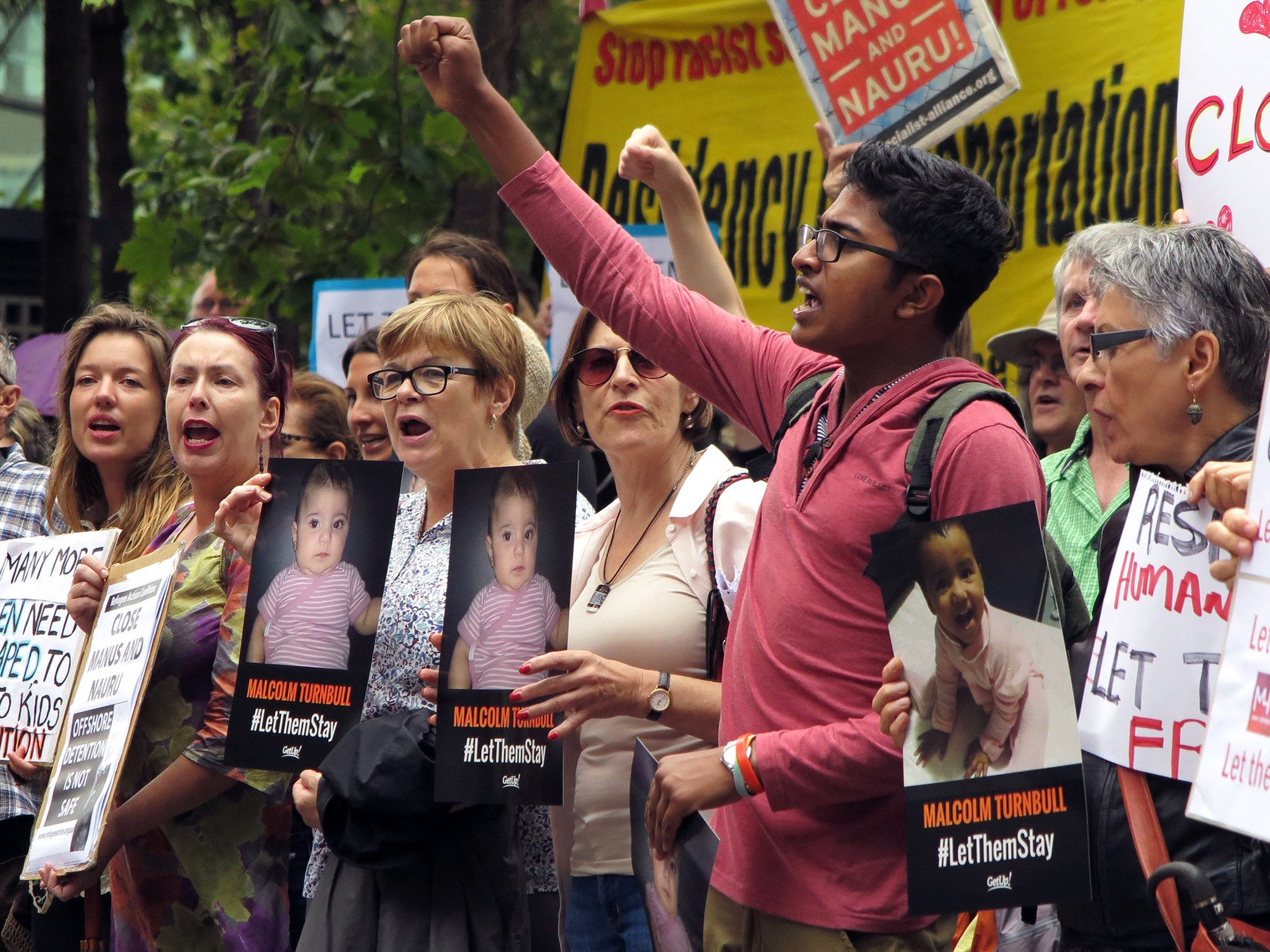

The Australian government violated a human rights treaty by detaining a group of asylum seekers, many of them minors, on the remote Pacific island of Nauru, even after they were granted refugee status, a United Nations watchdog has ruled.
The UN Human Rights Committee said Australia violated two provisions of the legally binding 1966 International Covenant on Civil and Political Rights – one on arbitrary detention and one protecting the right to challenge their detention in court.
“A state party cannot escape its human rights responsibility when outsourcing asylum processing to another state,” committee member Mahjoub El Haiba said in a statement on Friday following Thursday’s ruling.
The UN watchdog’s ruling covers two cases involving 25 refugees and asylum seekers who endured years of arbitrary detention in Nauru.
The panel of 18 independent experts found that in both cases Australia violated the rights of refugees, including minors who received insufficient water and healthcare.
The refugees and asylum seekers from Iraq, Iran, Afghanistan, Pakistan, Sri Lanka and Myanmar were intercepted while trying to reach Australia by boat in 2013, when they were aged between 14 and 17 years old.
Advertisement
Nearly all the minors suffered a deterioration in wellbeing there, including weight loss, self-harm, kidney problems and insomnia while in detention, it said.
The committee called on Australia to provide adequate compensation to the refugees, and to take steps to ensure similar violations do not happen again.
The committee has no power to compel states to follow its rulings, but its decisions carry reputational weight.
Australia’s government said it was considering the committee’s views and would give a response “in due course”.
“It has been the Australian government’s consistent position that Australia does not exercise effective control over regional processing centres,” said a spokesperson for the Department of Home Affairs.
“We welcome Nauru’s continued partnership in the effective delivery of regional processing arrangements.”
The office of Nauru President David Adeang did not respond to a request for comment.
Under Australia’s hardline policy introduced in 2012, the government sent thousands of refugees attempting to reach the country by boat to “offshore processing” centres.
They were held in two detention centres – one on Nauru and another, since shuttered, on Papua New Guinea’s Manus Island.
The UN committee rejected Australia’s argument that rights abuses that occurred on Nauru did not fall within its jurisdiction.
A number of European countries have been examining the possibility of similar arrangements to outsource their migration policies.
Thursday’s decisions “send a clear message to all states: where there is power or effective control, there is responsibility,” El Haiba said.
Advertisement
“The outsourcing of operations does not absolve states of accountability. Offshore detention facilities are not human rights-free zones.”
Related News
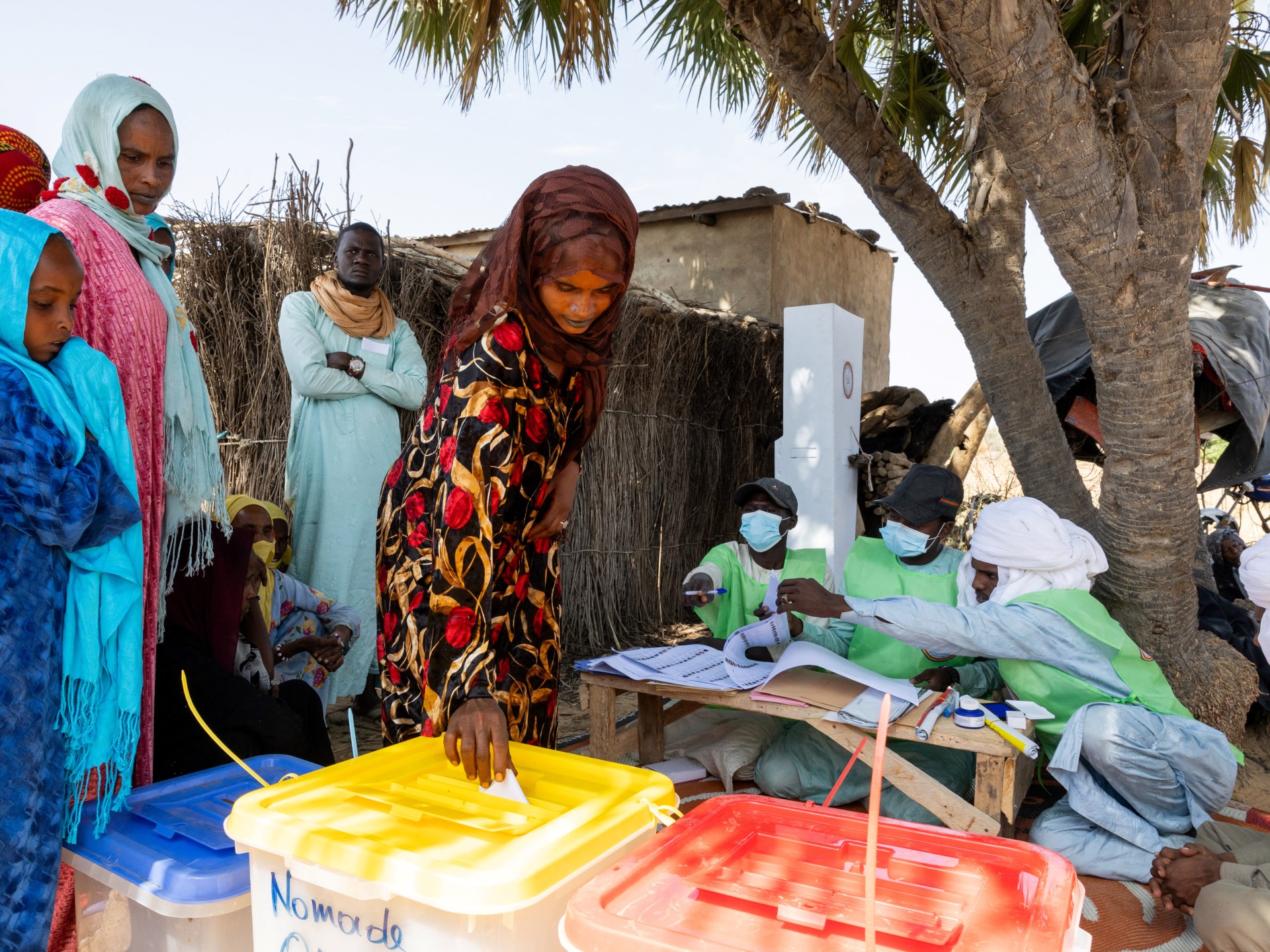
Voting begins in Chad as opposition parties call for election boycott
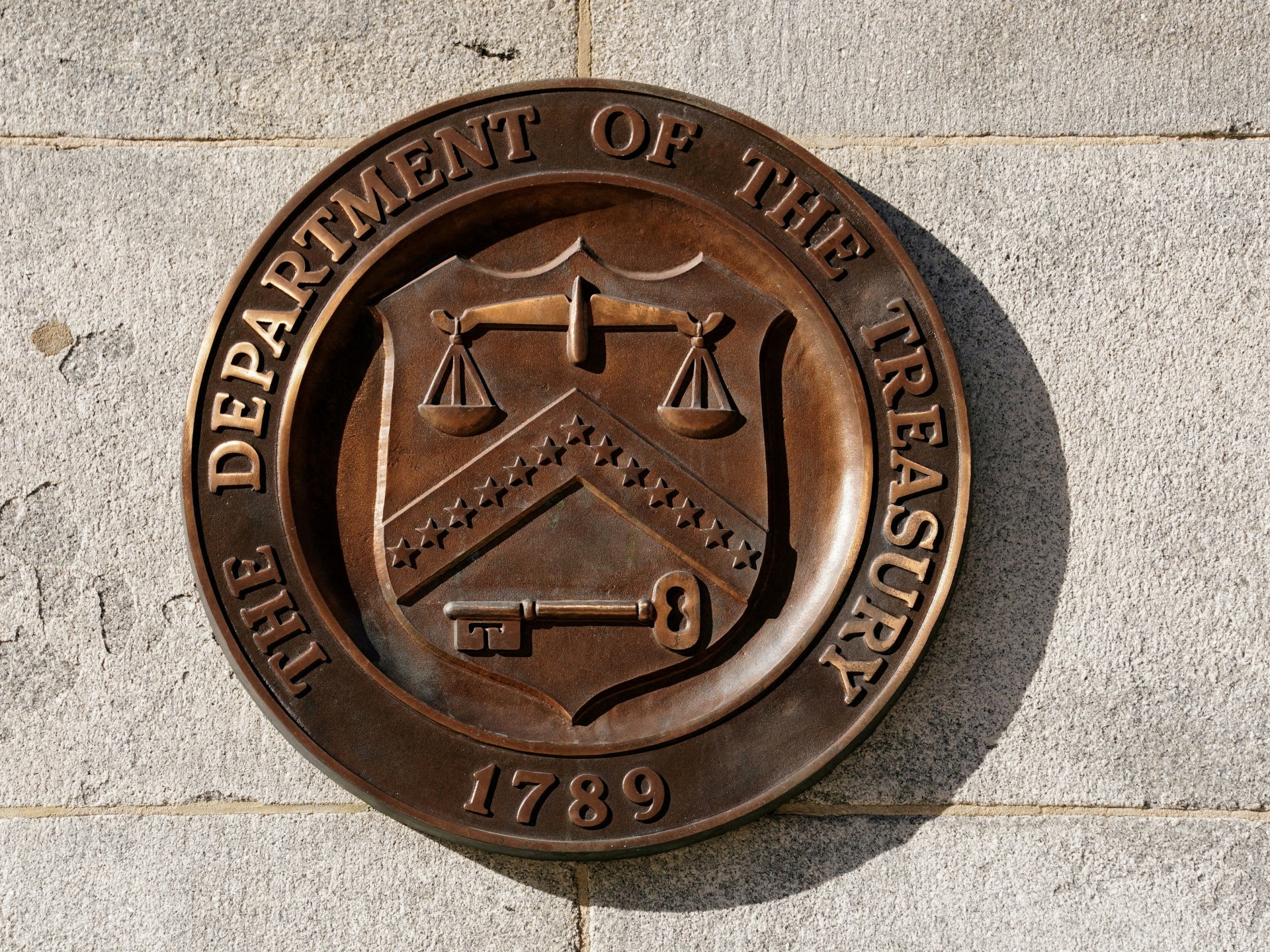
US Treasury hacked: Are China and the US stepping up their cyberwar?
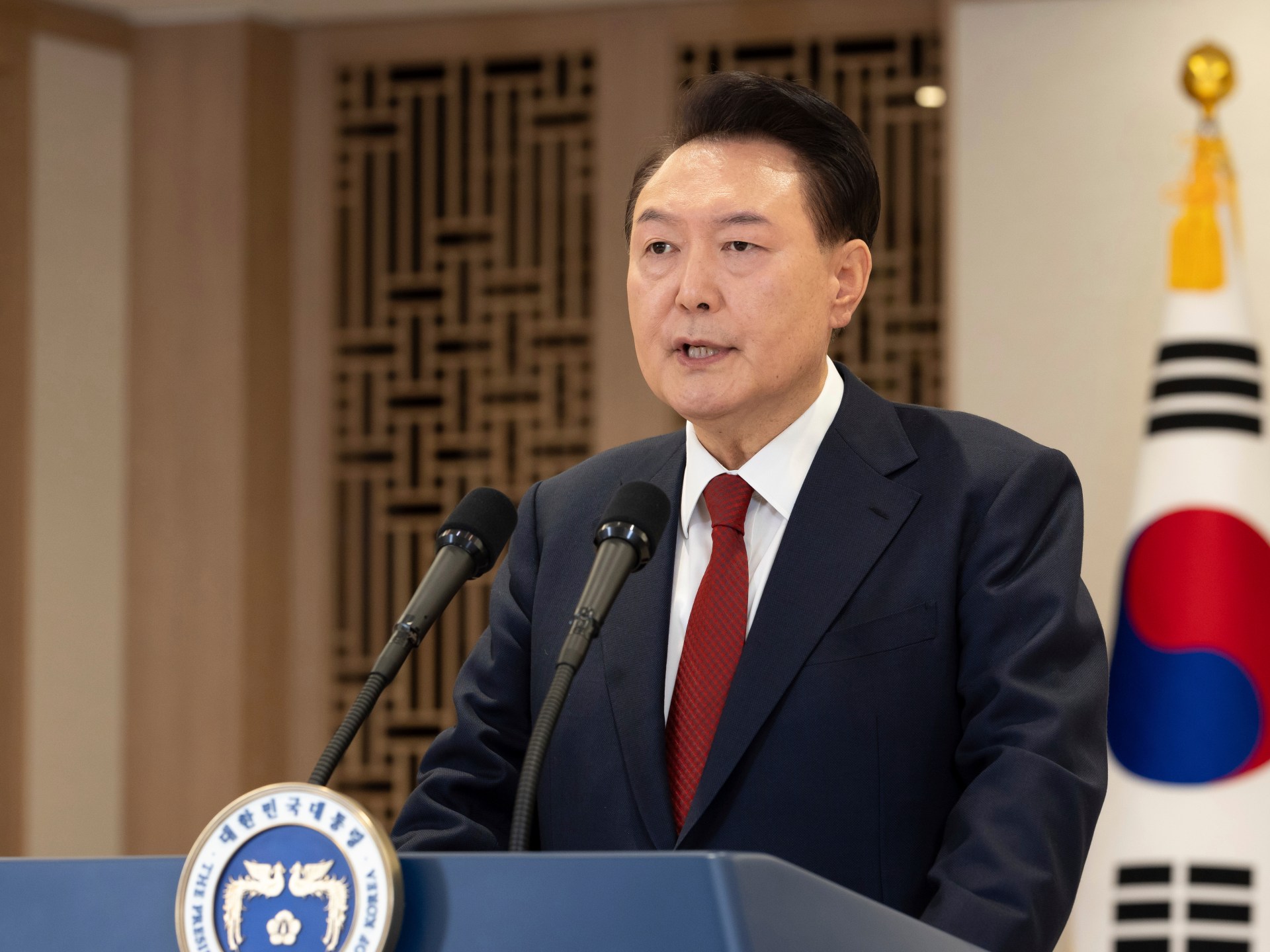
South Korea’s Yoon defies second summons over martial law decree
